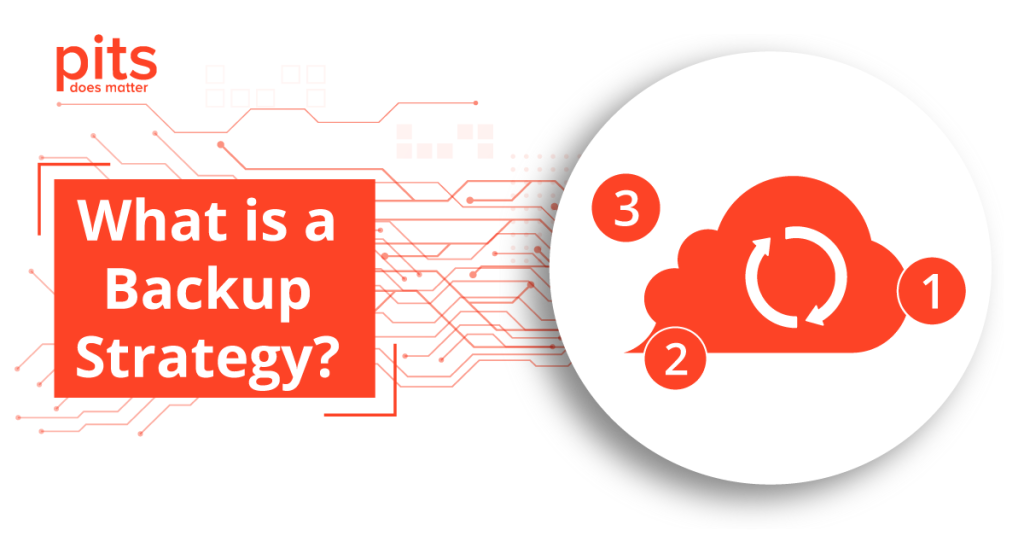Laptops have become an essential part of our lives, but one common issue many users face is overheating. An overheated laptop can reduce performance, cause system crashes, and in the worst case, damage the hardware. In this blog post, we’ll discuss the common reasons for laptop overheating and provide practical solutions to keep your device cool and running smoothly.
Reasons for Laptop Overheating
-
Blocked Air Vents One of the most frequent causes of laptop overheating is poor ventilation. When the air vents are blocked by dust or other debris, the hot air inside the laptop has nowhere to escape, causing the internal components to heat up.
-
Old or Failing Thermal Paste Thermal paste is applied between the CPU or GPU and the heat sink to help conduct heat away from these components. Over time, the thermal paste can dry out, leading to inefficient heat transfer and, subsequently, overheating.
-
Faulty Cooling Fan Your laptop’s cooling fan is responsible for blowing air across the heat sink and other components. If the fan is malfunctioning or not spinning at the proper speed, the laptop will quickly overheat, especially during resource-intensive tasks like gaming or video editing.
-
High Ambient Temperature Laptops are more prone to overheating in hot environments. Using your laptop in a room with high ambient temperatures can reduce its ability to dissipate heat effectively, leading to thermal issues.
-
Running Multiple High-Performance Applications Running several demanding programs simultaneously, such as gaming, video editing software, or heavy multitasking, can push your laptop’s hardware to its limits. This can cause the processor and graphics card to heat up faster than the cooling system can manage.
-
Battery Problems If your laptop’s battery is old or damaged, it may overheat during charging or prolonged use. Batteries are sensitive to heat and, when faulty, can even pose a safety risk.
Solutions to Prevent and Fix Laptop Overheating
-
Keep Air Vents Clear Regularly inspect and clean your laptop’s air vents to prevent dust buildup. You can use a can of compressed air to blow out dust from the vents and internal components without disassembling the laptop. This simple step helps improve airflow and cools the internal hardware.
-
Use a Cooling Pad A laptop cooling pad can be a highly effective solution. It provides additional airflow beneath your laptop, ensuring that heat dissipates more efficiently, especially if your laptop’s design lacks good ventilation.
-
Reapply Thermal Paste If your laptop is old or you suspect the thermal paste has degraded, reapplying high-quality thermal paste can significantly improve heat transfer between the CPU or GPU and the heat sink. This should only be done by a professional if you’re not familiar with disassembling laptops.
-
Replace or Fix the Cooling Fan If your fan is noisy or not functioning properly, it may need cleaning or replacement. In some cases, software tools like SpeedFan can help you monitor and control fan speeds to ensure they operate effectively.
-
Optimize Software and Reduce Load To prevent overheating caused by high-performance applications, try the following:
- Close unnecessary background programs.
- Lower the graphics settings in games.
- Use power-saving or balanced performance modes instead of high-performance mode.
- Perform regular maintenance, like deleting temporary files and keeping the system optimized.
-
Manage Power Settings Adjusting your laptop’s power settings can reduce strain on the processor and other components. Opt for a balanced power plan instead of the high-performance option to reduce overheating risks when running less demanding tasks.
-
Check and Replace the Battery If your laptop overheats mainly while charging, it might be due to an old or faulty battery. Consider replacing the battery if it frequently gets hot or doesn’t hold a charge as it should.
-
Use Your Laptop in a Cooler Environment Avoid using your laptop in excessively warm rooms or direct sunlight. Try to keep your workspace well-ventilated and use the laptop on a hard, flat surface (instead of soft surfaces like a bed) to allow proper airflow.
Recover Your Data from Overheated Laptops with PITS
At PITS Global Data Recovery Services, we understand that laptop overheating can lead to severe damage to internal components, particularly the hard drive. When exposed to high temperatures, hard drives can suffer physical damage, resulting in data loss. This is where our specialized data recovery services come in.
We are experts in recovering data from damaged hard drives, including those affected by overheating. Our team of highly skilled data recovery engineers uses the latest technology and advanced techniques to recover data from all brands and models of hard drives.
At PITS Global Data Recovery Services, we prioritize the security and privacy of your data. With strict data privacy policies and state-of-the-art security measures, we ensure your data is fully protected throughout the recovery process.
If your laptop is overheating and your hard drive has suffered physical or logical damage, PITS Global Data Recovery Services can help. Our experienced engineers can recover data from various types of hard drive failures, including those caused by excessive heat.
Contact our customer service today to learn more about how our data recovery services can help you recover your valuable data.
Conclusion
Laptop overheating is a common issue that can reduce your device’s lifespan and performance if not addressed. By understanding the causes, such as blocked air vents or failing cooling systems, and implementing the solutions discussed, such as cleaning vents, reapplying thermal paste, or using a cooling pad, you can ensure your laptop runs efficiently and stays cool during use.
If you continue to experience overheating despite trying these solutions, it might be time to consult a professional to diagnose any underlying hardware issues.


